My rendezvous with the term ‘empowerment’ took place while I was quite young. The meaning the term entailed was the shift of power from a platform, which was powerful to another platform, which was lesser so. As time grew, and the term got increasingly ascribed for ‘Empower the Poor Nation’, ‘Empower the Poor Community’ till it rose up to ‘Empower the Women’. I realised that the power from empowerment for women had already shifted to the point that we now have a chapter in history.
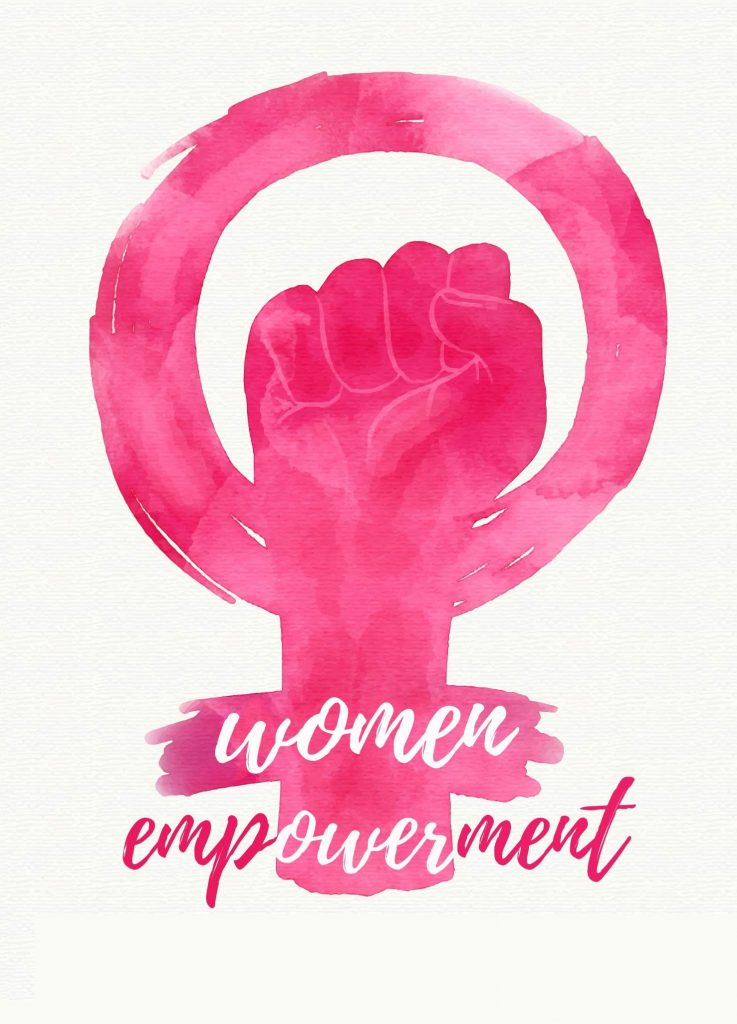
The same history book told me ‘Women Empowerment’ as a term got prominence in the UN’s Third World Conference on Women in Nairobi in 1985. But hey, it’s 2020 now and we are still empowering our women! Phew! I understand it is a moot point to ask why this shift of power is needed in the first place to strike a balance. It’s an open secret – there has been no equality since a very long time now. And one would have to run up and down the pages of history & anthropology to gauge the why, and still may never reach it!
Many of us are comfortable with our mother slogging at home and giving up her career, yet we upload a selfie with her with a contextually appropriate hashtag on the advent of holy mother’s day. A lion’s share among us make a statement of liking strong independent women on dating app bios, but can we really accept a woman who is as strong and independent as us?
The pertinent question, however, is: Who is in charge of the said power distribution?
Power must be with someone to actually hand it out?
So, is it again demure patriarchy who is to take the hit?
What?
The adjective ‘demure‘ with patriarchy?
Cute, isn’t it?
Well, not to digress, let’s try and find out where exactly we are missing the turn.
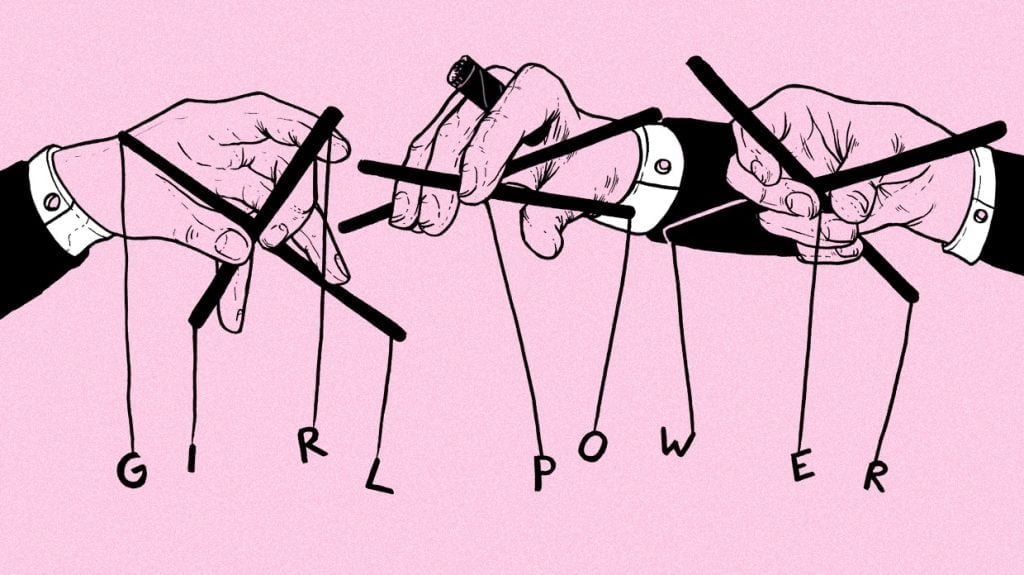
Think of the chapter heading of your Social Studies school book. Hola ‘Women Empowerment’. Now, think of the Women’s Day that just went by this year, March. I bet you saw the term sprinkled in abundance across all possible spectrum and to all available effects.
‘Patriarchy Bye Bye; Women Empowerment is the New High.’
‘We’re celebrating Women’s Month by bringing you amazing discounts.’
‘In celebration of Women’s Day, we are helping the strong women of our community empower themselves and sustain their families.’
I cannot even relate to what the last one even means.
The term apparently has been used and abused just like the women of our country. The irony is most of us turn away from ideas with a feminist take on things because feminazi propaganda and ‘wish all the women in my life a happy & prosperous women’s day’ in the same breath. Many of us are comfortable with our mother slogging at home and giving up her career, yet we upload a selfie with her with a contextually appropriate hashtag on the advent of holy mother’s day. A lion’s share among us make a statement of liking strong independent women on dating app bios, but can we really accept a woman who is as strong and independent as us?
From my urban middle-class lenses, I tried imagining what an empowered woman might look like to this majority.
Also read: Victim Blaming In The Garb of Women Empowerment
Is it someone who coolly rocks home and office concurrently?
Most of us do love our wives and how they magically manage both areas. However, if needed we also expect her to be the first in line to detach from worldly affairs to cater to the core of her existence – her family. Isn’t a familial unit supposed to be upheld by its two founding pillars – a man and a woman?
I am aggrieved having heard of way too many women, who have been asked the time they should ideally return home from work, post marriage, because now they have duties to assume. At office, they are casually asked if they want to continue working at all. How they think of balancing a kid and leadership role concurrently! Why are they not considering switching to a more ‘woman-specific job’ like say teaching!
Interestingly, of late, I even heard a stray comment from a seemingly-well-educated-high-earning employee on resignation of his female counterpart: “This is why it’s problematic keeping women in charge. Family comes calling, and they’re the first ones to fly!” Now, that is so progressive and regressive at the same time that its social development quotient is null and void!
In essence, a large segment of our population thinks that there is nothing called a ‘career for a woman’; having a job suffices. A majority of these aforesaid people are ‘broad-minded’ in nature; they earnestly (want to) believe in women empowerment and pride themselves for being so.
In essence, a large segment of our population thinks that there is nothing called a ‘career for a woman’; having a job suffices. A majority of these aforesaid people are ‘broad-minded’ in nature; they earnestly (want to) believe in women empowerment and pride themselves for being so.
What is worse is that conventional entertainment media uphold and broadcast these ideas as well. Women in TV serials mostly engage in household chores or family politics. If someone happens to do something else (constructive or otherwise), it becomes the focal point of concern for the other women in the serial and the serial itself. The mass gobbles up these ideas but never quite manage to excrete them out.
Gender Roles Get Intricately Stereotyped In The Frame Of Our Society
We generally pride ourselves for helping women in the kitchen. However, the kitchen shouldn’t be a gendered space in the first place. We often pride ourselves for ‘allowing’ ‘our women’ to work. However, one who wants and needs to work, must. A vast majority of our domestic help are women who work primarily because a vaster onus of their families’s livelihood lies on them. That is neither a choice nor an opportunity. We also often gloat over the fact that women can now inherit property. However, it is in the nature of property that it must flow from one generation to the next.
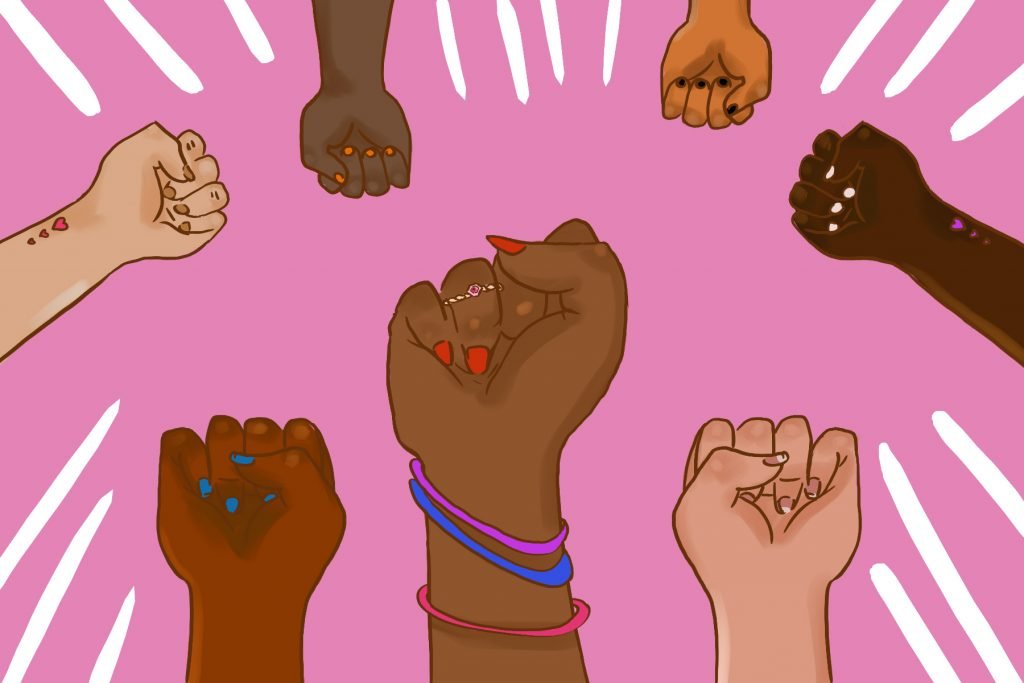
Like the unicorn, however, powerful women are not a myth.
Just that empowered women are more common sightings. Not that it is bad thing, but the said ’empowerment’ should not come at the cost of respect.
Also read: The Black And White Challenge And Tokenist Women Empowerment
So here’s an idea: why don’t we empower less and start acknowledging women’s needs more; things hopefully will start falling in place!
Featured Image Source: The Guardian
About the author(s)
Taniya Roy hails from Kolkata, the city of sepia dreams. A paw-rent, semi-colon enthusiast and wordsmith, she writes for a living and lives for writing her thoughts out. She has done her Masters in Economics from the University of Calcutta.

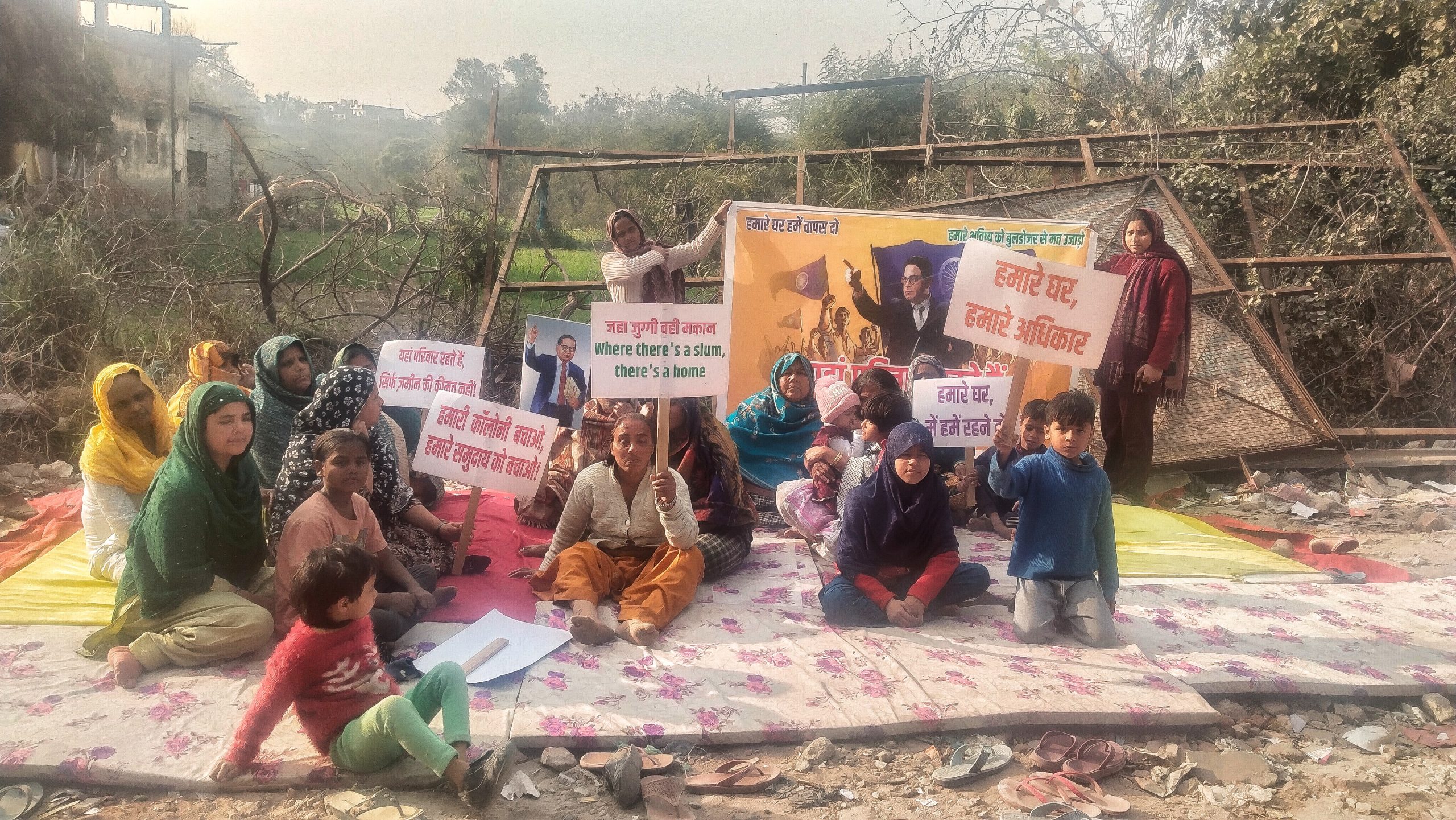
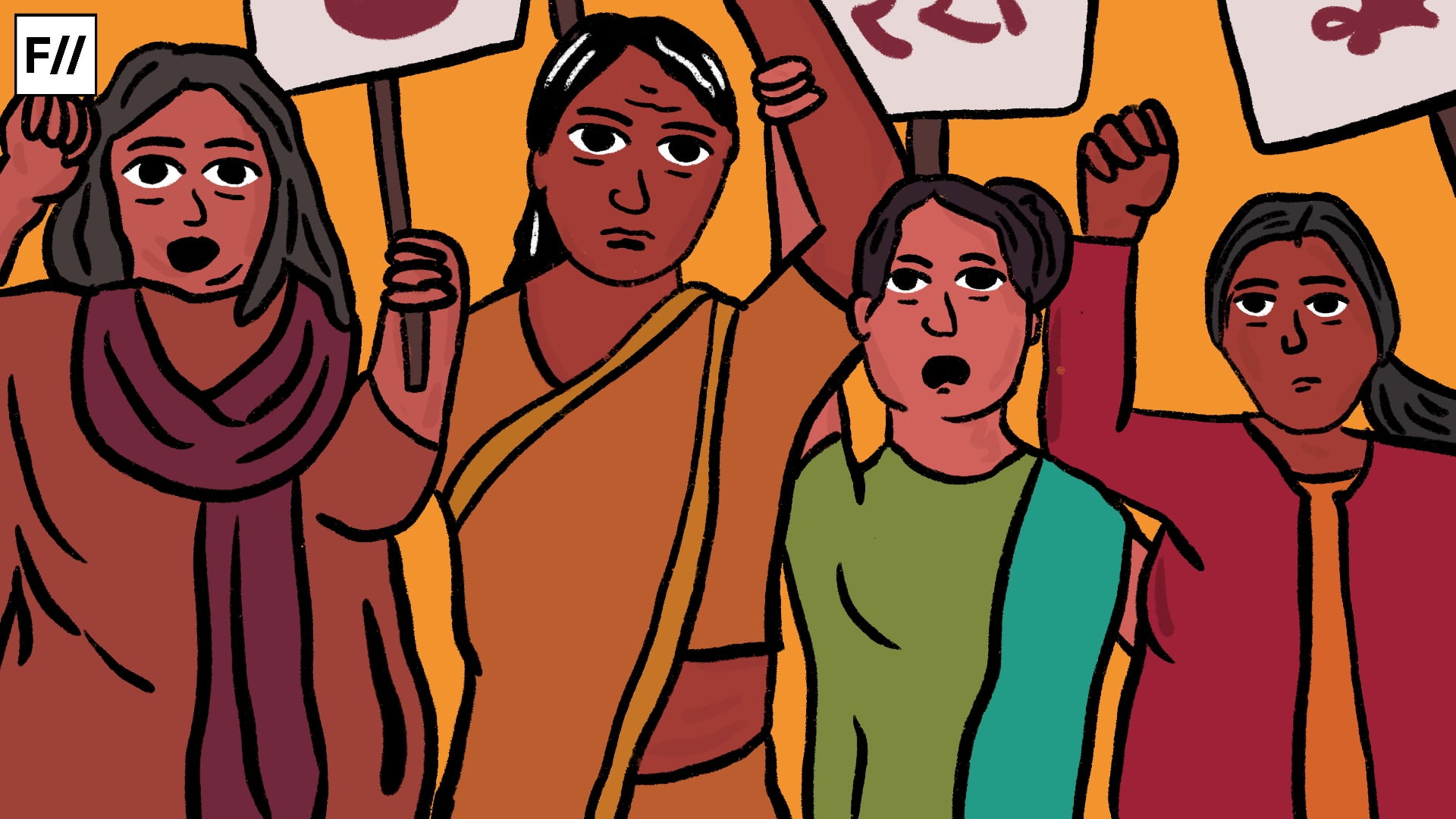


Agree in theory but you need to suggest alternative language to convey the concept of intervention to assist a particular marginalised group.
I find the language of “acknowledge and amplify the inherent power of (insert target group here)” a better approach where the interventionist continues. Thoughts?
Thanks for bringing this aspect to light, Priyanka. I agree with you on this. The power is of course inherent. We just need to acknowledge and care for the needs more & collectively so. ?